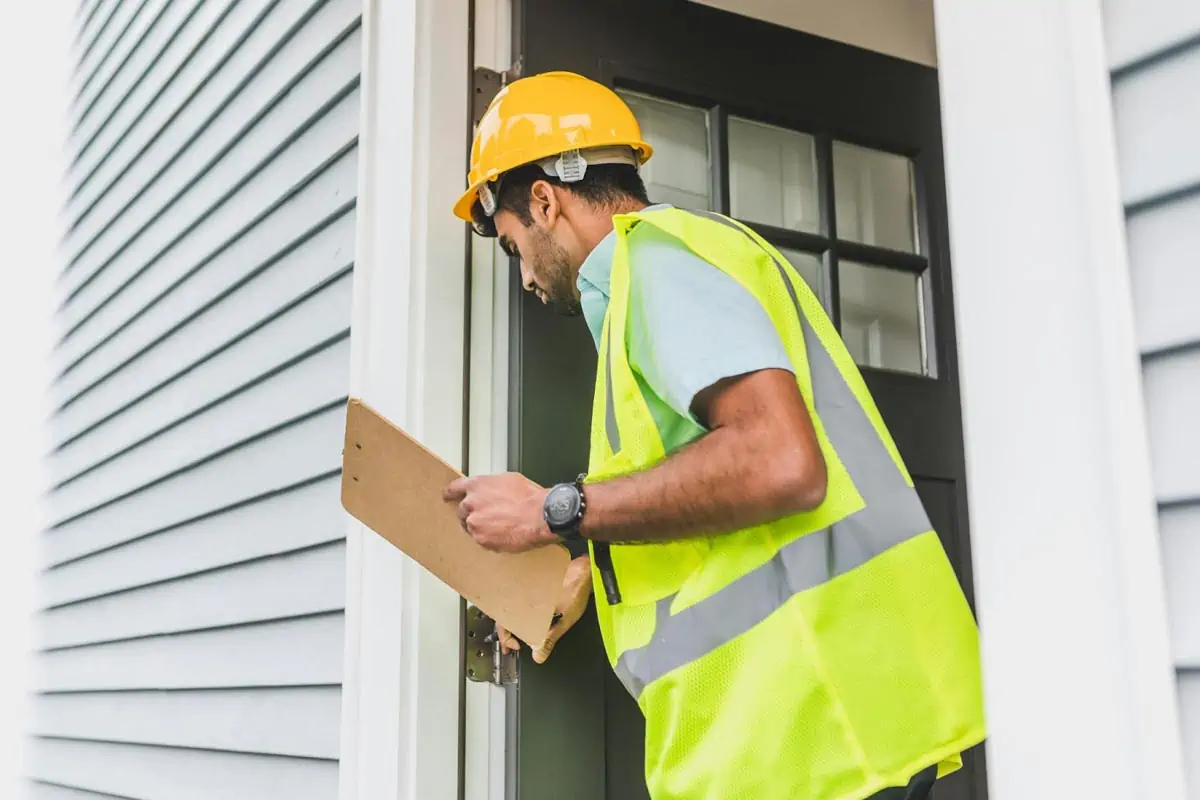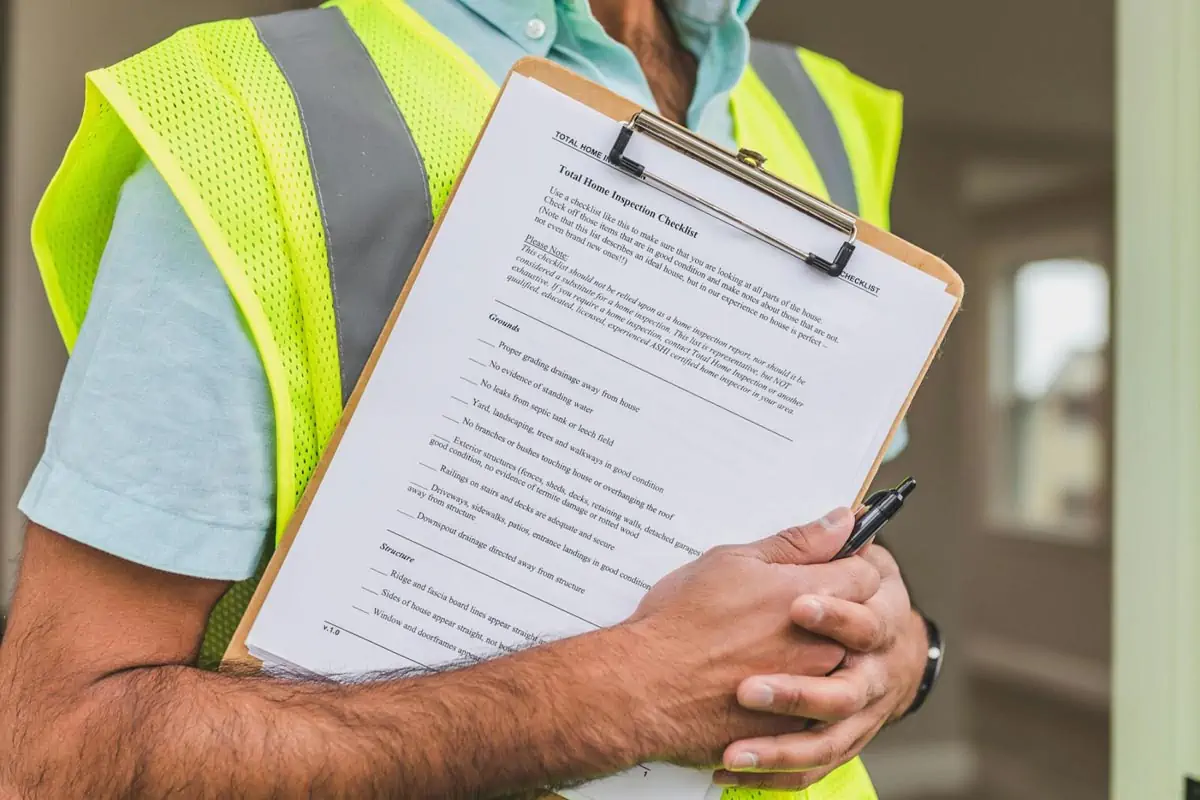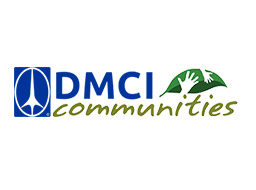A condo inspection checklist is crucial when it comes to assessing potential property. Not only does a checklist help you figure out how to inspect a condo yourself, but it also helps you avoid certain red flags to ensure your safety and security for your future condo life.
Whether you’re a first-time buyer or a seasoned investor, being aware of certain real estate red flags can help you avoid expensive pitfalls and achieve important turnover essentials. With an expertly prepared assessment checklist, you can inspect your prospective property with ease – leading to sound and confident buying decisions.
Want to learn how to spot red flags during your next property inspection? Prevent costly mistakes and overwhelming buyer’s remorse with this comprehensive guide by your community at DMCI Homes.
 Photo courtesy of RDNE Stock project via Pexels
Photo courtesy of RDNE Stock project via Pexels
Structure and maintenance red flags
The first category you should check when inspecting your potential condo investment is its structural integrity. Things like the unit’s build, the condition of the common areas in the complex, and other signs of wear and tear should be significant factors for your upcoming purchase decision. Here are a few important red flags regarding your property’s structure and maintenance that you need to look out for:
- Signs of structural damage – Whether you’re a first-time condo owner or a veteran property buyer, you need to watch out for signs of poor construction, such as cracks in the walls, ceiling, or windows of your unit. You should also see if there are signs of wear and tear on the exterior of the overall building to know if there’s been significant yet unrepaired damage to the property. Other examples of significant structural damage include cracks in the paint, tiles, or other additions to the building’s foundation, damaged electrical systems, and plumbing issues.
- Indicators of poor maintenance – Are there obvious instances of poor maintenance around the whole building, like noticeable water damage, mold spots, or signs of pest infestation in any common areas? Are there little to no accommodations for your safety and security, like a lack of smoke alarms, fire detectors, or CCTV camera systems? Then these should tip you off as to the quality of maintenance conducted by the building management’s staff. This negative indicator should apply to both regular tenants and landlords conducting an inspection for future clients.
- The property management team’s response to concerns – Ask the property manager if they’re taking steps to address these indicators. If they brush you off or ignore your requests for assistance, that’s a huge red flag. If they respond kindly to your concern and provide effective action steps, that’s a good sign of their commitment to your comfort as a condo-dweller.
These gauges should help you determine whether a property is worth investing in before you move in. But there are other categories that you need to watch out for throughout your inspection process. Read on to learn about financial and legal red flags you’ll want to avoid for your next unit purchase.
 Photo courtesy of RDNE Stock project via Pexels
Photo courtesy of RDNE Stock project via Pexels
Financial and legal red flags
This next category of red flags relates to finances and certain legal issues surrounding your potential condo purchase. You need to practice due diligence and do your research on these before you even consider buying a unit from your ideal property developers.
One thing to look out for is the finances of your property’s condo association. Do they have exorbitantly high fees? Do they have a history of misused budgets or any other pending financial assessments? Consider assessing the finances of the building’s home association before buying a ready-for-occupancy (RFO) unit from this community, as these will affect your finances and expenses after you move in.
Another thing you should look up is the developers’ own history of legal problems. Do they have any unresolved legal disputes, lawsuits, or construction violations? Are they in good standing with the local government? By doing this research ahead of time, you can dispel any concerns and ensure a smooth transition into home ownership.
Let’s say you’re ready to buy a condo after your research. Before taking that step, here’s another red flag category you should definitely watch out for: the neighborhood and your future living environment. Check out the next section for a few more inspection tips.
 Photo courtesy of Karolina Grabowska via Pexels
Photo courtesy of Karolina Grabowska via Pexels
Neighborhood and environment red flags
Your comfort and safety in your new home are hugely affected by your condo community. If you have a good neighborhood, then you can enjoy a happy home life. Not all communities are perfect, though – so make sure to keep an eye on these potential red flags when inspecting your next potential home.
One factor you should assess is the building’s surrounding environment. Is the area noisy due to its proximity to roads, congestion, traffic, or other industrial areas? If you don’t mind the hustle and bustle of these kinds of environments, then you should be good with buying a condo here. But if these factors do bother you, consider finding a different location with a calmer environment instead. If the area of your building is prone to calamities, like earthquakes or floods, then you should probably reconsider living in this part of town too.
Another thing you should consider on your condo home checklist is the neighborhood itself. Are the current residents friendly, or rude? Do you have access to amenities like swimming pools, gyms, and garden spaces? Is there a notable crime rate in the area, like burglaries or assaults? Since these may impact your future living experience, make sure to take note of these potential red flags before investing in the area.
With these general inspection categories, you’ll probably want a comprehensive list of things to avoid or watch out for throughout your apartment building assessment. Make sure to head over to the final section of this guide for a comprehensive checklist of condominium red flags.
 Photo courtesy of Brett Sayles via Pexels
Photo courtesy of Brett Sayles via Pexels
Tips for thorough inspection
To conduct a comprehensive condo checkup before purchase, remember to go through this complete inspection checklist of potential red flags:
Structure and maintenance
- Cracks in the concrete of the walls, ceiling, floor, or foundation of the unit or building
- Cracks in the glass of the windows or sliding doors
- Damage or cracks to paint, tiles, wooden panels, and other additions to the foundation
- Damage, cracks, or drips in sinks, showers, toilets, and other plumbing fixtures
- Damage to furniture, kitchen equipment, appliances, and other accessories
- Damaged or faulty plugs, power outlets, switches, and other electrical systems
- Damaged or faulty heating, ventilation, and air conditioning (HVAC) systems
- Damaged or unavailable CCTV cameras and security systems
- Damaged or unavailable smoke and fire detectors
- Visible water damage in the unit or building
- Visible mold or mold spots in the unit or building
- Presence of pests, ex. cockroaches, rats, bed bugs, ants, termites
- Poor cell phone or internet reception
- Poor response by the property management office to the items above
Finances and legal obligations
- Homeowner’s association (HOA) dues that are exorbitant or outside your budget
- Poor history of financial management or budgeting by the HOA
- Current or pending financial assessments for the HOA
- Developer has a history of legal disputes, lawsuits, or construction violations
- Developer has current or pending legal disputes, lawsuits, construction violations
- Poor response by the property management office to questions about the items above
Neighborhood and environment
- Noisy, congested, or traffic-heavy areas near or around the condominium complex
- Notable history of crime near or around the complex (e.g. theft, burglary, assault)
- Notable history of accidents near or around the complex, ex. fires, vehicular accidents, elevator accidents, falls from high areas
- Notable history of calamity risk (e.g. earthquakes from nearby fault lines, floods due to low-lying locations)
- Lack of condo amenities (e.g. common areas, gardens, pools, gyms)
- Rude or unfriendly behavior from the property managers and current residents
Want to ensure a great condo buying and living experience before your final walkthrough? Always remember to choose reputable condominium companies with a great track record and quadruple-A real estate developments, like DMCI Homes.
 Photo courtesy of Liza Summer via Pexels
Photo courtesy of Liza Summer via Pexels
Key takeaways
Ensure an awesome condo living experience when you take the right steps to inspect the building before buying a unit. Here are some final tips to take with you on your next property inspection:
- Be as thorough as possible. Leave no stone unturned when you inspect your prospective unit and building so that you won’t regret anything after closing the deal on your future home.
- Don’t be afraid to ask questions. Whether you’re talking to the property management office or current tenants, don’t be afraid to ask questions politely to assess the viability of this important financial transaction.
- Work with reputable developers. When you purchase a unit from reliable developers like DMCI Homes, you’ll always enjoy a safe and happy living experience with every real estate investment.
Questions? Check out the DMCI Communities Blogor engage with us on our Facebook. Remember to download the DMCI Communities app on Google Play or the App Store to stay up to date with the latest news and offers.


